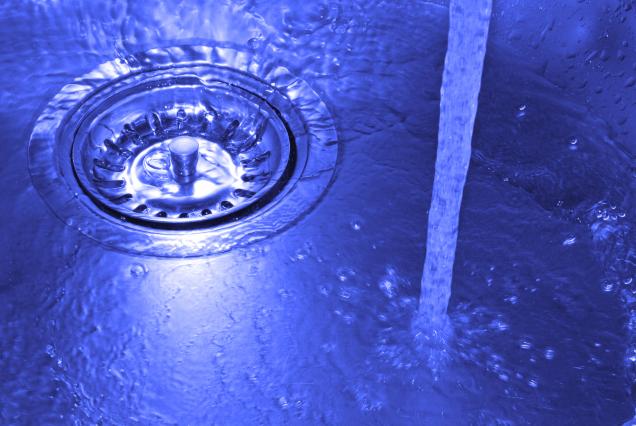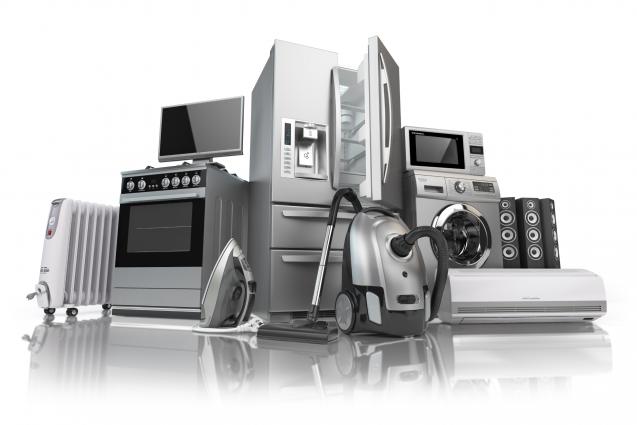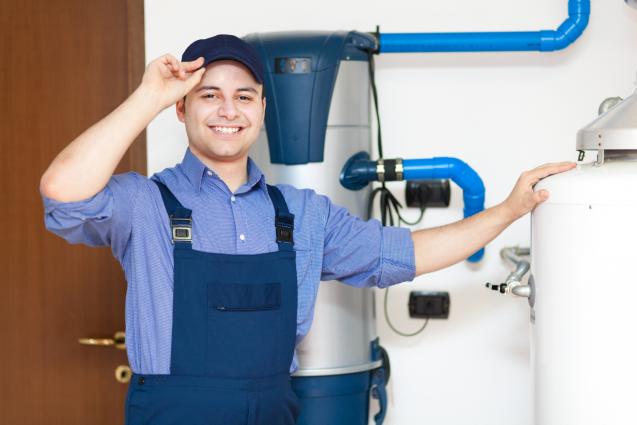
Smart Home Technologies for Efficient Water Management in Australian Homes
The Need for Efficient Water Management in Australian Homes
Australian homes currently face significant challenges when it comes to water usage. According to the Australian Bureau of Statistics, the average household uses about 900 litres of water daily, with gardens and lawns being major contributors to this high consumption. The repercussions of prolonged droughts and the adverse effects of climate change on water resources further underscore the urgency of efficient water management.
Learn about eco-friendly plumbing practices that play a pivotal role in sustainable living, ensuring the conservation of water for the environment and future generations. Supporting this cause are various government initiatives and regulations promoting water-saving practices. The National Water Initiative aims to enhance water efficiency through improved urban planning and infrastructure, while the Water Efficiency Labelling and Standards (WELS) scheme provides consumers with essential information about the water efficiency of various products.
Smart Irrigation Systems
A revolutionary solution for managing garden and lawn watering, smart irrigation systems use advanced technology to optimise water use. These systems offer numerous benefits, including reduced water consumption, healthier plants, and lower water bills.
Key features of smart irrigation systems include weather-based scheduling, which adjusts watering schedules based on real-time weather data, and soil moisture sensors that determine when plants need water. Additionally, these systems can be controlled remotely via smartphone apps, providing homeowners with flexibility and convenience.
Popular smart irrigation products available in Australia include the Rachio Smart Sprinkler Controller and the Hunter HC Hydrawise. These devices not only enhance water efficiency but also simplify garden maintenance, making them a valuable addition to any household.
Smart Water Meters and Leak Detection Systems
Smart water meters are innovative devices that monitor water usage in real-time, providing homeowners with valuable insights into their consumption patterns. By identifying areas of excessive use, these meters help residents make informed decisions to reduce water wastage.
Leak detection systems complement smart meters by identifying leaks and preventing significant water loss. These systems use sensors to detect abnormal water flow and send alerts to homeowners, enabling prompt action. The combination of smart water meters and leak detection systems can lead to substantial savings on water bills and a reduced environmental footprint.
Several Australian homes have already benefited from these technologies. For example, a Melbourne household reduced its water usage by 20% within just three months of installing a smart water meter, showcasing the significant impact of these devices on water conservation.
Water-Efficient Appliances and Fixtures
Choosing water-efficient appliances and fixtures is crucial for reducing household water consumption. Modern smart home appliances incorporate advanced features that enhance water efficiency without compromising performance.
Top smart home appliances for water conservation include dishwashers and washing machines. For instance, the Bosch Series 6 Dishwasher uses sensors to adjust water usage based on load size, ensuring optimal efficiency. Similarly, the LG TWINWash System allows for simultaneous washing of two loads, reducing water and energy usage.
Eco-friendly fixtures such as smart showers, faucets, and toilets are also gaining popularity. The Moen U by Moen Smart Shower offers personalised water usage settings, while the Kohler Konnect Smart Faucet provides hands-free operation, reducing water wastage. The TOTO Neorest Dual Flush Toilet conserves water with its efficient flushing system.
The Australian Water Efficiency Labelling Scheme (WELS) plays a vital role in guiding consumers towards water-efficient products. The scheme rates appliances and fixtures based on their water-saving capabilities, helping homeowners make informed choices that contribute to water conservation.
Greywater Recycling Systems
Greywater recycling systems capture and reuse water from showers, basins, and laundry, offering a sustainable solution for reducing household water consumption. These systems filter and treat greywater, making it suitable for non-potable uses such as garden irrigation and toilet flushing.
Smart greywater recycling systems integrate advanced technologies to maximise efficiency. For example, the Waterwise Greywater System automatically diverts greywater to gardens and lawns when needed, reducing reliance on mains water.
Integrating greywater systems into Australian homes requires adherence to legal regulations and guidelines. The Australian/New Zealand Standard AS/NZS 1546.1:2008 outlines the requirements for greywater treatment systems, ensuring they meet health and safety standards. Homeowners should consult local guidelines to ensure compliance and maximise the benefits of greywater recycling.
The Future of Smart Water Management in Australian Homes
The future of smart water management in Australian homes looks promising, with emerging trends and advancements in technology paving the way for increased efficiency. Developments in artificial intelligence (AI) and the Internet of Things (IoT) are set to revolutionise water management, offering smarter and more intuitive solutions.
AI-enabled systems can predict water usage patterns and optimally manage resources, while IoT devices provide real-time data and remote control capabilities. These advancements are expected to drive higher adoption rates and expand the market for smart water technologies in Australia.
Homeowners can prepare for these upcoming technologies by investing in current smart systems and staying informed about emerging trends. By adopting innovative solutions, they can play a significant role in promoting water conservation and ensuring a sustainable future.
Conclusion
Efficient water management is essential for Australian homes to address the challenges posed by climate change and water scarcity. Smart home technologies offer a range of solutions, from smart irrigation systems and water meters to water-efficient appliances and greywater recycling systems. These innovations not only reduce water consumption but also provide economic benefits and support environmental sustainability.
Homeowners are encouraged to explore and adopt smart water management solutions, contributing to a more sustainable future. By embracing these technologies, they can make a positive impact on their water usage and help preserve this vital resource for future generations.



